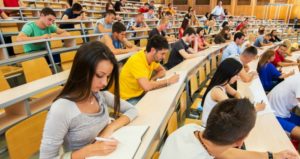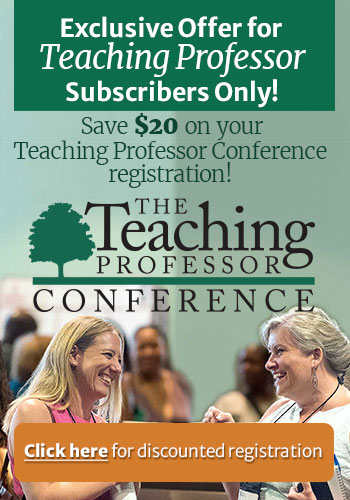
Brain Breaks for Improved Learning
Physical training involves two fundamental phases: a stress phase, where muscles are exercised to fatigue, and a rest phase, where the body repairs the damage of the stress to become stronger. A common mistake among athletes is to forgo the rest phase by working out








